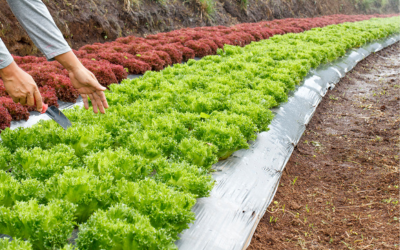

May 17 2023
Brian Lundgren, Director of Business Development , Gabriela Martin, Marketing Coordinator

Oriented plastic film is a vital component in the manufacturing of many everyday products including food packaging, battery separators, and filtration media. The goal of oriented film is to increase material yield by downgauging the thickness while retaining its physical properties or to modify properties to attain specific performance advantages in terms of mechanical, optical, barrier, shrink and porosity characteristics. However, many times the orientation process calls for a monoaxially stretched plastic film in only the machine direction orientation (MDO).
Why would film only need MDO monoaxial stretching?
One of the main benefits of MDO stretching is that it increases the tensile strength and stiffness of the material in the machine direction. In addition,this monoaxial orientation stretching aligns the polymer molecules in the direction of the stretch, creating a more organized and crystalline structure, making i t more durable and resistant to tearing. However, this is not the only reason some films only require orientation in the machine direction instead of biaxial stretching.
Below are a few examples of applications that utilize monoaxial stretching in the machine direction.
Barrier Films- One of the primary uses for MDO in the plastic film industry is the production of barrier films. These films are utilized in food, medical, and industrial packaging applications. They are specifically designed to protect the contents of these products from unwanted contaminants and in particular to minimize water vapor and oxygen intrusion. Some common materials include highly flexible ethylene vinyl alcohol (EVOH), polypropylene (PP), polyethylene (PE), and polyester (PET). MDO barrier films can also be laminated with other films to create multi-layer structures with improved barrier properties.
Label Films - Another prominent film created through MDO is label film. These films are used in various applications, including packaging, decorative, and security labeling. In label film production, MDO is used to improve the printability and dimensional stability of the labels. MDO label films can also be coated with different adhesives to make pressure-sensitive labels that can be applied to varying substrates.
Capacitor Films- Capacitor film is the functional dielectric material in capacitors that store electrical energy. Capacitor film is typically made from a thin film of polymer material, such as polyvinylidene fluoride (PVDF), polyester (PET), or polypropylene (PP), that has been coated with a thin layer of metal on both sides. The metal coatings on the film act as electrodes, allowing electrical charge to be stored on the film's surface. The dielectric properties of the film prevent the charge from leaking away, allowing the capacitor to store electrical energy for long periods. Monoaxial-oriented capacitor film electronics offer high performance and reliability, making them a popular choice in various electronic applications, including power supplies, solar panel backing, and lighting systems.
Industrial Films - MDO is used to produce industrial films to improve mechanical properties, including impact, tensile, and tear strength, and enhance the material's elongation properties. Two typical applications include shipping strapping, or securing goods during transportation, and drawstring garbage bags. These industrial film products need to be strong enough to hold and transport heavy loads and, in the case of garbage bag strapping, it also needs to increase strength when it is elongated during the transportation of those heavy loads.
Agricultural Films - Finally, MDO can be utilized to manufacture films for the agricultural industry, benefitting the work of all people who are cultivating crops as a part of their livelihood. These agricultural films are employed in many applications, including greenhouse covers, mulch films, silage films, and nettings. In addition, agricultural films enhance soil nutrients, provide desirable climates, and maintain the value of nutrients. Furthermore, when producing agricultural films made from material such as linear low-density polyethylene (LLDPE), MDO helps improve mechanical properties such as strength, which enhances their resistance to punctures and tears.
The MDO monoaxial stretching technique is crucial to plastic film production quality. All the applications mentioned above require MDO stretching for the best product outcome and the MDO process creates high-value films that optimally fulfill these unique applications. Within these applications are endless markets with niche employments of MDO stretched films that many people don’t realize are essential to each industry. A vast range of plastic film applications benefit from the improved properties provided by MDO films, demonstrating the versatility of MDO as a singular orientation technique.